In the quiet suburbs of Montreal, Canada, Paul Servat, a man in his 30s, yearned for a family to call his own. Surrounded by supportive friends and a stable career, he felt the absence of a life partner and children. Determined to change this, Paul turned to online dating, hoping to find his soulmate. Little did he know, this decision would lead him down a path of deception and heartbreak that would alter his life forever.
In September 2013, Paul connected with Barbara Bienvenue, a 37-year-old woman from Quebec, on a dating website. Their online conversations quickly blossomed into a whirlwind romance. Within weeks, Barbara shared unexpected news: she was pregnant. Overwhelmed with joy, Paul embraced the prospect of fatherhood, envisioning a future filled with love and laughter.
As the months passed, Barbara's pregnancy became the center of their lives. Initially, she announced they were expecting twins. Soon after, this number grew to triplets, then quadruplets, and finally quintuplets. Barbara's belly expanded accordingly, and she exhibited typical pregnancy symptoms, including morning sickness and lactation. Paul, though surprised by the rapid escalation, remained supportive and excited about their growing family.
News of the impending quintuplets spread throughout their community. Friends, family, and even local businesses rallied around the couple, offering donations, organizing baby showers, and preparing for the arrival of the five babies. The outpouring of support was immense, with cribs, diapers, and baby clothes filling their home. Paul documented their journey on social media, sharing updates and expressing gratitude for the community's generosity.
In March 2014, at what was believed to be 34 weeks into the pregnancy, Barbara claimed she was going into labor. Paul rushed her to the hospital, eager to meet their children. However, the medical staff, unable to find any records of Barbara's prenatal care, conducted thorough examinations. To Paul's shock and devastation, doctors revealed that there were no babies; Barbara was not pregnant. She was experiencing a phantom pregnancy, a rare psychological condition where a woman exhibits physical signs of pregnancy without actually being pregnant.
The revelation left Paul heartbroken and humiliated. He had been deceived by the woman he loved and had unknowingly misled his community. Barbara was admitted to a hospital for psychiatric evaluation and treatment. As the truth unfolded, it was discovered that this was not the first time Barbara had fabricated a pregnancy, indicating a pattern of psychological distress.
In the wake of the deception, Paul faced the daunting task of rebuilding his life. He returned the donated items and issued public apologies to those who had supported them. The experience left deep emotional scars, but with the support of his family and friends, Paul began the process of healing, determined to find genuine happiness in the future.
For months, Paul Servat had lived in a dream—one filled with excitement, anticipation, and hope for the future. But in the blink of an eye, everything he had built came crashing down. The truth about Barbara’s pregnancy was so devastating that it felt like a cruel joke, one that left him reeling in disbelief.
As he sat in the hospital, staring blankly at the doctor who had just shattered his world, his mind raced through every moment he had shared with Barbara. How had she managed to deceive him so thoroughly? How had he not seen the signs?
And the most painful question of all—why?
Paul wasn’t alone in his confusion. When news of the deception broke, many people struggled to understand how something like this could happen.
A phantom pregnancy, or pseudocyesis, is a psychological condition in which a woman exhibits many of the symptoms of pregnancy—including a growing belly, morning sickness, weight gain, and even lactation—without actually being pregnant. It is a rare but well-documented medical phenomenon, often linked to deep-seated emotional or psychological distress.
Doctors explained that Barbara’s body had physically reacted to the belief that she was pregnant. Hormonal changes triggered real symptoms, fooling even herself into thinking she was carrying multiple babies. But what made her case even more shocking was the extent of the deception and the fact that she had done it before.
This revelation left Paul grappling with two painful realities: not only had he lost the future he had envisioned, but he had also been unknowingly trapped in an elaborate lie.
As Paul processed what had happened, more disturbing details emerged.
Shortly after the news broke, a relative of Barbara’s reached out to him with a chilling warning: "This isn’t the first time she’s done this."
The family member revealed that Barbara had a history of fabricating pregnancies, cutting ties with loved ones each time she carried out her elaborate schemes. They had lost touch with her for years, and now they understood why—she had been hiding her deception from them, just as she had hidden it from Paul.
A former boyfriend of Barbara’s also came forward, recounting a nearly identical story. He too had been led to believe he was going to be a father, only to discover that it was all a lie. In his case, Barbara had claimed to be pregnant with twins, even using the fake pregnancy to gain financial support from family and friends.
It became painfully clear that this was not a tragic misunderstanding. Barbara had knowingly deceived Paul, exploiting his dreams of a family for reasons only she understood.
The aftermath of the revelation rippled far beyond Paul himself.
For months, friends, family, and even complete strangers had poured their support into helping him prepare for the arrival of five babies. Donations had flooded in—cribs, diapers, baby clothes, financial contributions—all given in good faith by people who believed they were helping a young couple facing an extraordinary challenge.
Now, Paul found himself in the heartbreaking position of having to return everything.
He took down the Facebook page that had been documenting the pregnancy. He reached out to those who had donated, explaining the shocking truth and offering to return the gifts. Some people were sympathetic, understanding that he had been as much a victim as anyone else. Others were angry, feeling deceived and betrayed by Barbara’s lies.
The news even made national headlines, with newspapers and TV stations covering the bizarre case. People were stunned. How could something like this happen? How could a woman go to such extreme lengths to fake a pregnancy?
But amidst all the confusion and outrage, Paul was left with one burning question—what had been her motive?
Psychologists who studied Barbara’s case suggested that her actions could have been driven by a variety of factors.
Some speculated that she suffered from delusions related to an extreme desire to be loved and needed. Others pointed to possible past trauma or mental illness that had led her to seek attention and validation in the most destructive way possible.
One theory suggested that Barbara may have experienced a deep fear of abandonment and used the pregnancy to secure a relationship. If Paul believed they were having children together, she might have assumed he would never leave her.
But regardless of the reason, the damage had already been done.
Paul had lost not only his dream of a family but also his trust in people.
In the weeks following the revelation, Paul withdrew from public attention. The humiliation was unbearable.
He had to face the reality that his love, his sacrifices, and his excitement had all been for nothing. Every late-night conversation about baby names, every ultrasound appointment she claimed to have had, every moment he spent preparing for fatherhood—it had all been a lie.
His parents were devastated. They had been looking forward to becoming grandparents, and now that future had been ripped away from them just as suddenly as it had appeared.
Friends tried to support him, but there was little they could say to ease the pain. How do you comfort someone who has had his entire future stolen by a lie?
In time, Paul began the slow process of healing. He focused on his work, spent time with those who truly cared for him, and tried to make sense of what had happened.
But the scars remained.
Paul’s story became a cautionary tale about trust, deception, and the dangers of blind faith.
He had gone into the relationship with an open heart, believing he had finally found his soulmate. But love had blinded him to the red flags—how quickly the relationship progressed, how Barbara avoided involving him in her medical appointments, how her story kept changing.
While many sympathized with him, some couldn’t help but wonder: How could he not have noticed the truth sooner?
The answer was simple—he wanted to believe.
He wanted to believe he had finally found the love of his life. He wanted to believe that his dreams of fatherhood were coming true. And he wanted to believe that the woman he loved was telling him the truth.
In the end, that trust was his greatest downfall.
Years later, Paul has largely moved on from the traumatic experience. He has remained out of the public eye, choosing to rebuild his life in privacy.
But the betrayal he endured left an indelible mark.
Finding love again would not be easy. Trust, once shattered, is difficult to rebuild. How could he ever be sure that another woman wouldn’t lie to him the way Barbara did?
He had once dreamed of growing old with someone, raising a family, and building a future together.
Now, he approaches love with caution.
The pain of Barbara’s deception may fade with time, but the lesson he learned will stay with him forever:
Not everyone who claims to love you is who they seem.




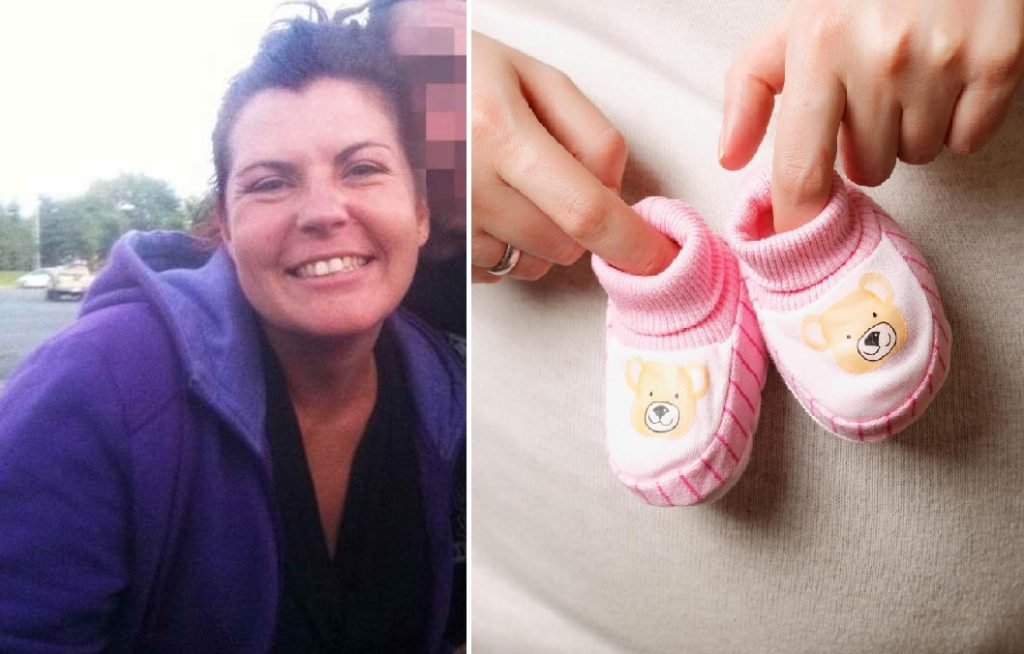



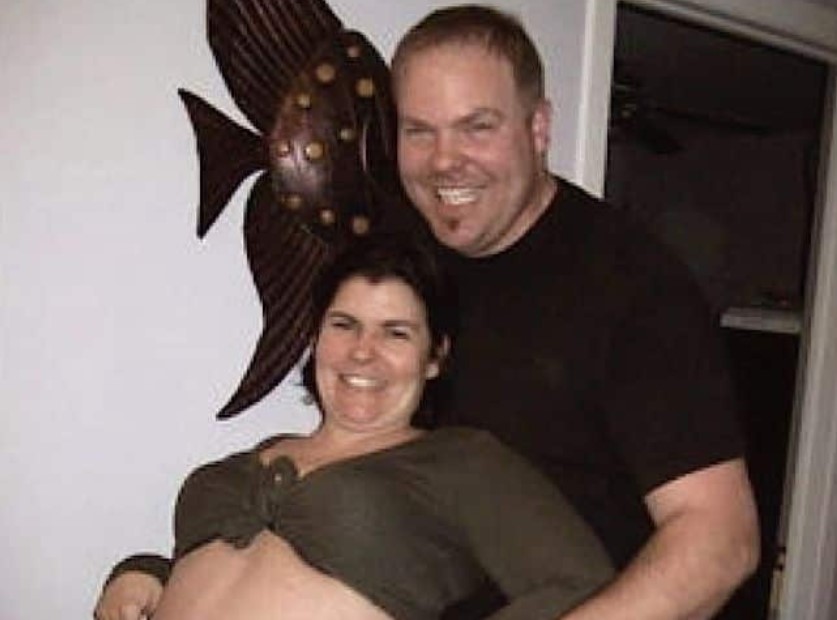
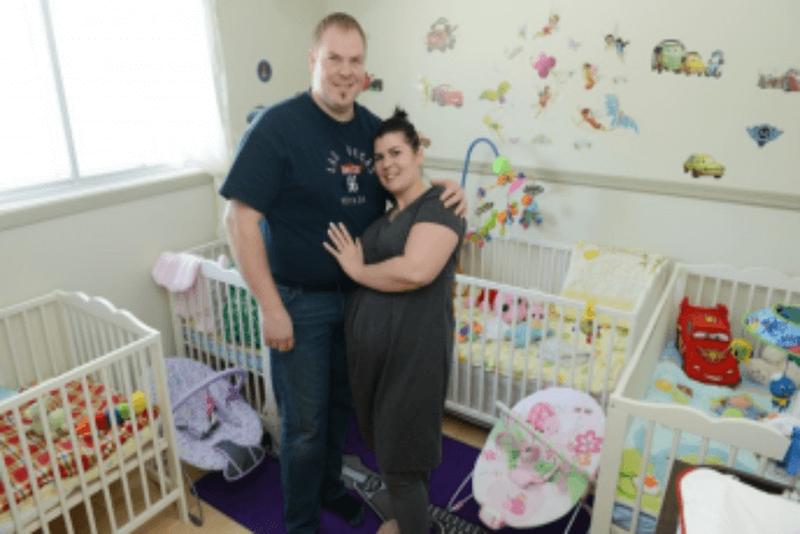


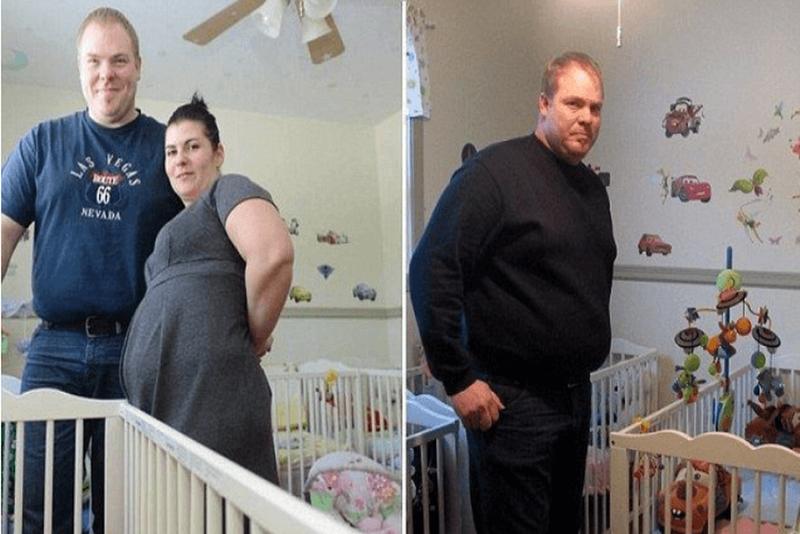
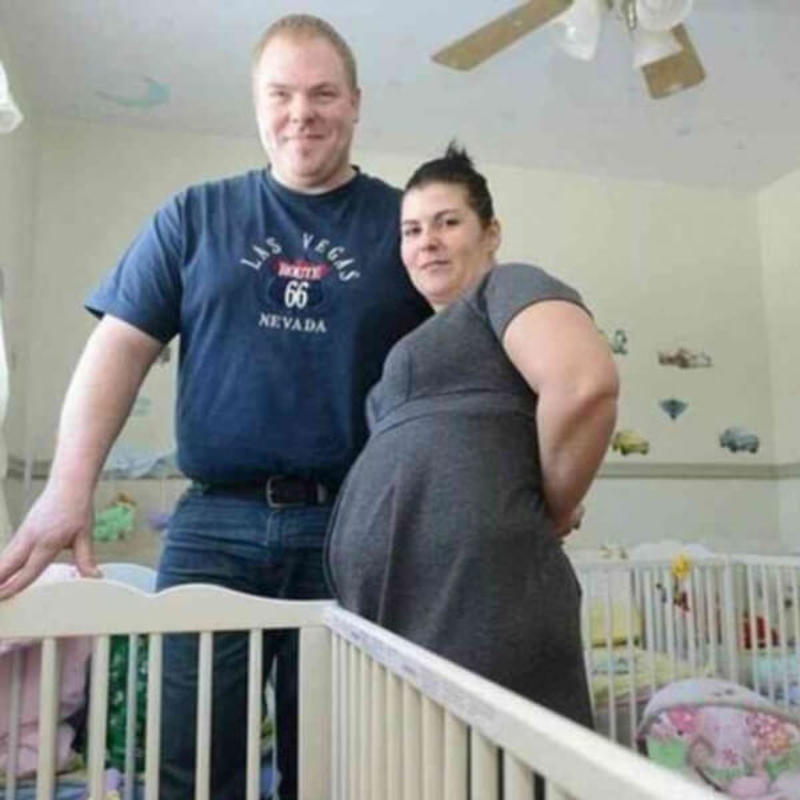
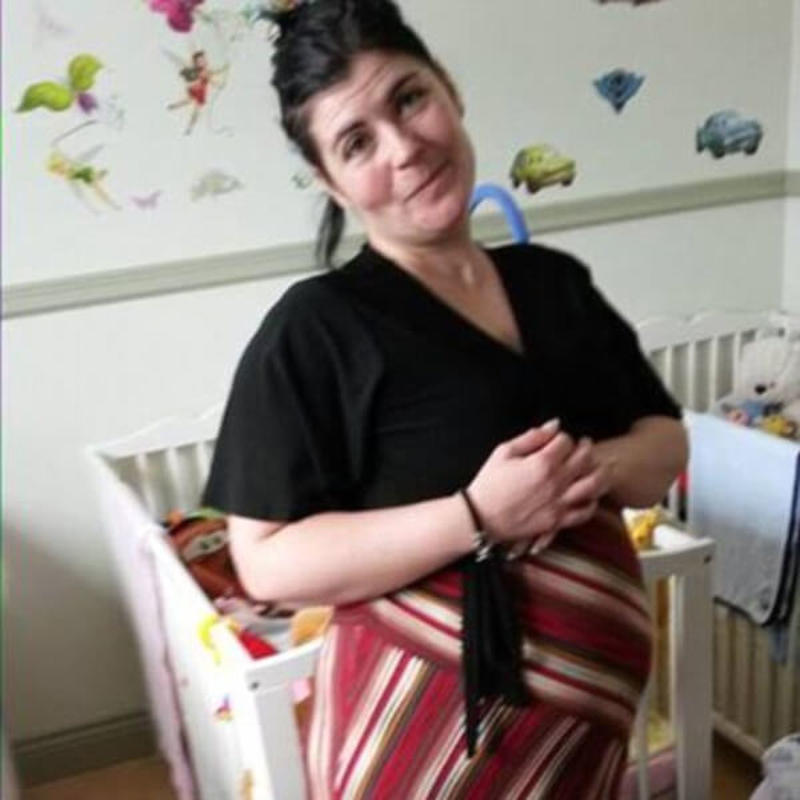
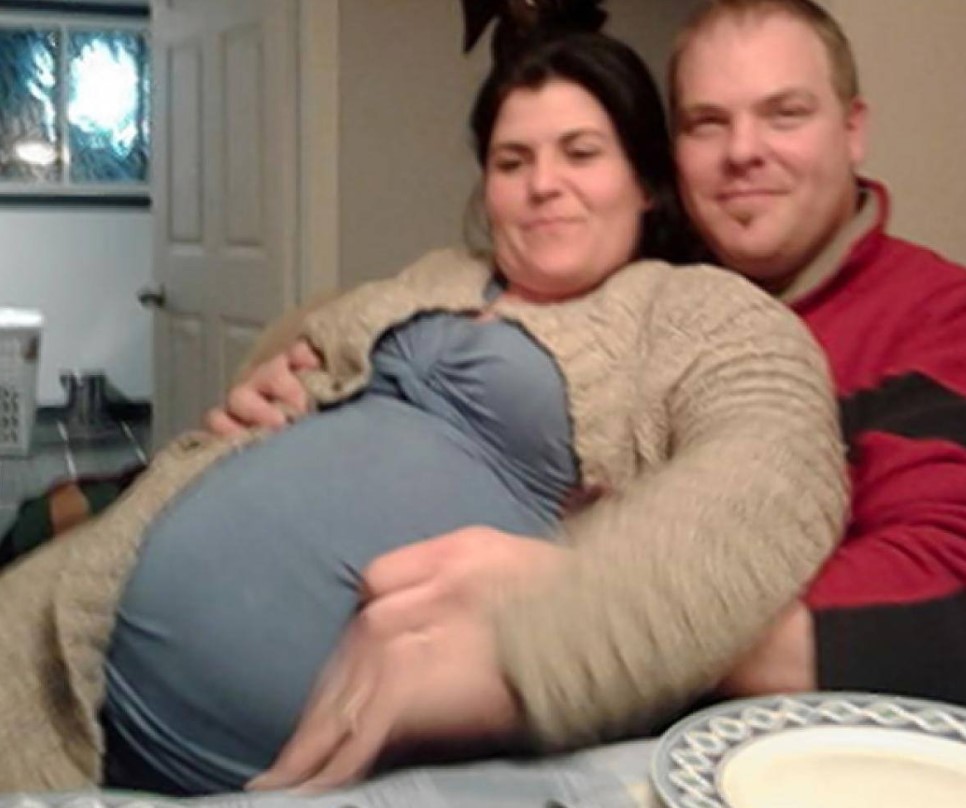




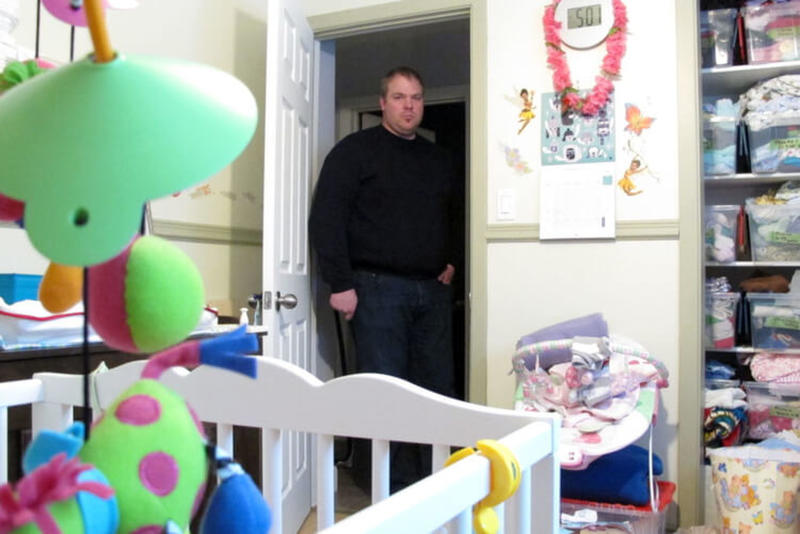





0 commentaires: